It was on this day in 1945 that the Marines of the Second Platoon climbed the pivotal point of Mount Suribachi, securing American esteem in the throws of battle for Iwo Jima with the simple raising of a flag.
It was on this day in 1945 that the Marines of the Second Platoon climbed the pivotal point of Mount Suribachi, securing American esteem in the throws of battle for Iwo Jima with the simple raising of a flag. This iconic photograph shot by Joe Rosenthal became an image of inspiration during World War II, boosting morale throughout the nation.
The flag raisers, themselves, have been hailed for decades as heroes of war and icons of bravery. Each Marine depicted in the photograph fought boldly, with three losing their lives within days of combat. Heroic doesn’t begin to describe their sacrifice, and in 2016, a discovery was confirmed that perfectly epitomizes the heart behind what many call, “The Greatest Generation.” ‘
Private First Class Harold Schultz lead a simple life as a postal worker after World War II. Like many of his brothers in arms, he hardly ever talked about his time overseas. That was, until one day when his stepdaughter asked about his experience during Iwo Jima over dinner. She recounted that Schultz simply said in passing, “I was one of the flag raisers on Mt. Suribachi.” To which she replied, “My God, Harold, you were a hero.”
His response exemplified that generation’s view of service. “No,” he said. “I was a Marine.”
Upon his death in 1995, Schultz’s stepdaughter brought the information forward, and after a three month investigation, it was confirmed that Harry Schultz, and not Navy Corpman John Bradley as it was formerly assumed, was in fact the sixth flag raiser in the iconic photograph.
Following the flag raising, Schultz fought alongside his fellow Marines as the bloody battle for Iwo Jima continued. He was soon severely wounded and evacuated off the island along with 26,000 other Marine casualties. He was awarded the Purple Heart for his service, as well as a Combat Action Ribbon. And yet, in the midst of the promotion, in the height of celebrity that followed that photograph, Schultz kept quiet.
During World War II, the soldier's spirit embodied commitment. It was about country, cause, and brotherhood. They didn’t wish to be known as heroes because the real heroes were the ones who never came back. “Raising the Flag on Iwo Jima” stands as an historical icon of the struggle, sacrifice, and ultimate victory over Japan in World War II. But to the men fighting, that sacrifice was viewed as duty. These men were humble, brave, and worthy of recognition.
Today on this anniversary of the American flag raised at the pinnacle of Mt. Suribachi, we honor those Marines and sailors in the battle of Iwo Jima where uncommon valor was a common virtue. We honor those who fought heroically on Iwo Jima. To Sgt. Michael Strank, Cpl. Harlon Block, Pfc. Ira Hayes, Pfc. Franklin Sousley, Pfc. Rene Gagnon, and Pfc. Harold Schultz and all their brothers in arms, we salute you. Semper Fi.
Share this incredible story! #DefenderGear

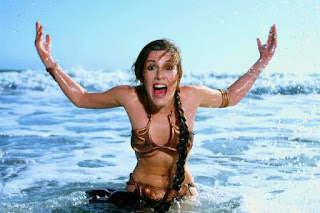
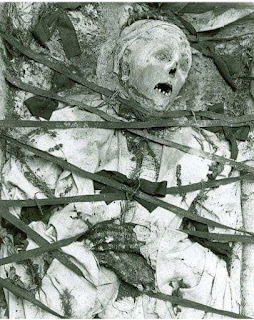
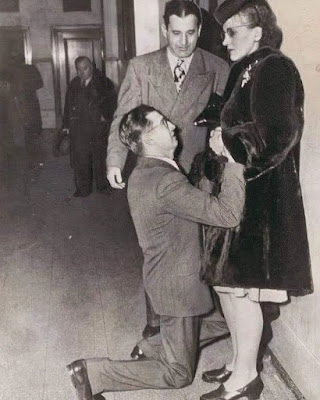
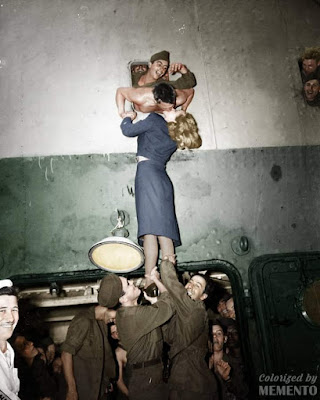


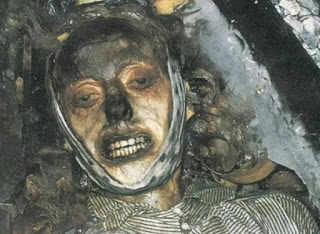
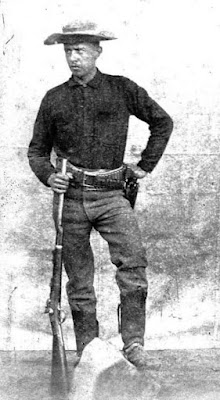

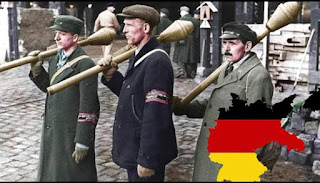
Comments
Post a Comment